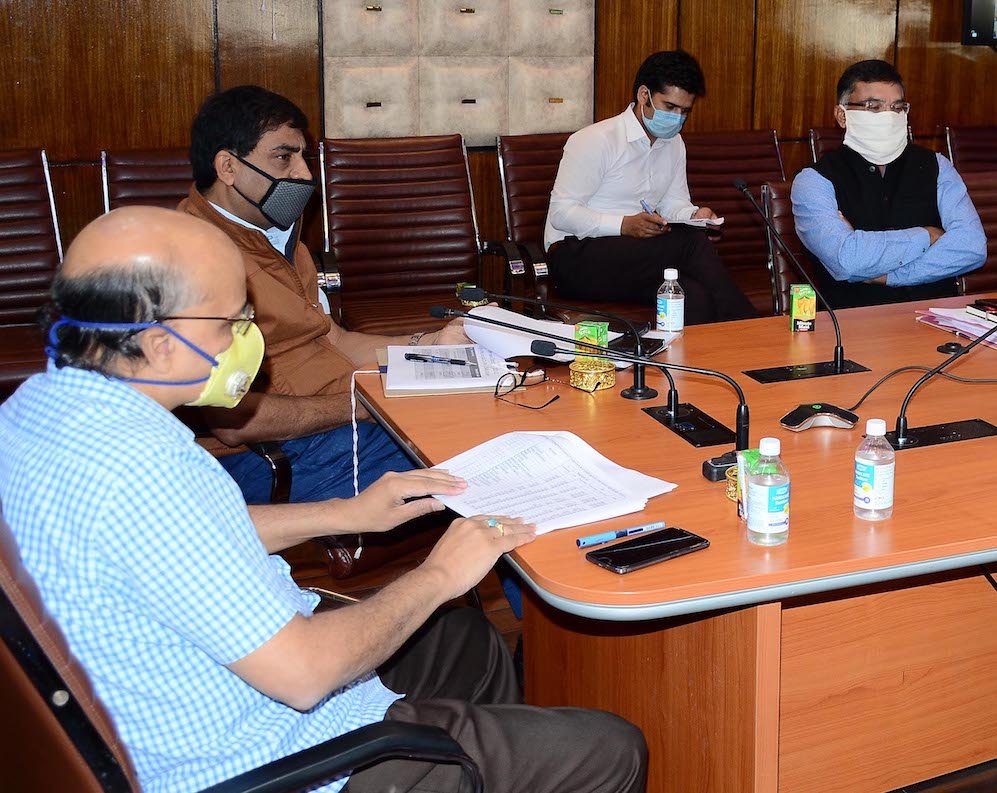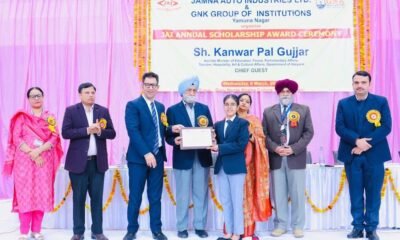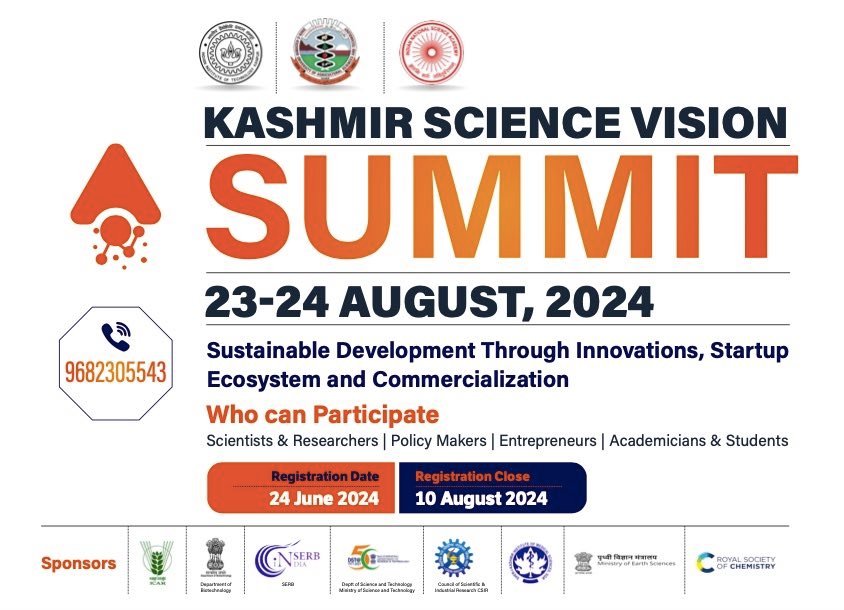Fiscal Constraints Amidst Development Aspirations
J&K Budget 2025-26
Preparing the maiden budget for Jammu and Kashmir as the head of an elected government of a state downgraded to a UT and remaining under central rule without an elected government for more than seven years with overwhelming challenges was an arduous task for Chief Minister Omar Abdullah.
While his speech paints a hopeful picture of a “new and prosperous” J&K, a closer look reveals a delicate balancing act necessitated by fiscal realities and the people’s aspirations: high hopes with vivid memories of recent election promises.
As Omar Abdullah seeks to lay the foundation for ‘long-term growth, stability, and self-reliance’ of J&K, he has to walk a tightrope to keep the state’s mounting debt under control. However, his prudent management to keep the fiscal deficit under leash has come at a cost: a leaner budget. This year’s budget allocation of Rs 1.12 lakh crore is Rs 6080 crore or 5% less than last year’s budget announcement of Rs 1.18 lakh crore. The reduction in budget allocation, along with 4-5% inflation, raises concerns about the government’s ability to realise its ambitious development goals fully.
The CM’s speech, though, outlines a comprehensive vision, touching upon crucial sectors like rural development, agriculture, tourism, and industry. But translating these aspirations into tangible outcomes requires substantial financial investment. Moreover, the pervasive challenge of inflation adds another layer of complexity. Rising prices erode purchasing power, making it harder to stretch limited budgetary resources.
As Omar Abdullah seeks to lay the foundation for ‘long-term growth, stability, and self-reliance’ of J&K, he has to walk a tightrope to keep the state’s mounting debt under control. However, his prudent management to keep the fiscal deficit under leash has come at a cost: a leaner budget. This year’s budget allocation of Rs 1.12 lakh crore is Rs 6080 crore or 5% less than last year’s budget announcement of Rs 1.18 lakh crore.
The emphasis on fiscal prudence, curbing non-priority spending, and enhancing revenue collection is understandable, given J&K’s historical fiscal stress. However, austerity measures must be carefully calibrated to avoid stifling economic growth and hindering essential public services, especially when inflation is already squeezing household budgets.
The budget’s focus on digital governance and healthcare accessibility is welcome. Initiatives like the SEHAT app and the expansion of digital services have the potential to improve efficiency and transparency. Yet, the question remains: are the allocated funds sufficient to ensure the effective implementation of these programs, particularly when the real cost of implementation is escalating due to inflation?
The agricultural sector, a cornerstone of J&K’s economy, receives significant attention. The success of the Holistic Agriculture Development Program (HADP) will be crucial in boosting farmer incomes and creating employment opportunities. The allocation to HADP has been reduced Rs 800 crore from last year’s 1000 crore plus. However, the program’s impact will depend on the timely disbursement of funds and effective implementation, and whether the farmers can see real increases in their income, that outpace the rising cost of goods.
Similarly, the ambitious plans for tourism development require substantial investment in infrastructure and marketing. While the government’s efforts to promote offbeat destinations and sustainable tourism are laudable, the sector’s growth will depend on attracting private investment and addressing critical challenges like sustainability and waste management, while also dealing with rising operational costs due to inflation.
Some headline-making announcements like free rides for women in public transport and 200 free units of solarised power for AAY population fail to impress the general public. The argument is J&K has almost non-existent public transport. About 850 public buses with a passenger capacity of 35,000 people do not even suffice the transport needs of the 1% of the 1.2 crore population of J&K. The 200 e-buses for two metro capital cities, announced in last year’s budget, failed to take route. CM has repeated the announcement this year.
The government’s commitment to empowering MSMEs and startups is also noteworthy. However, ensuring access to finance and creating a conducive business environment will be essential for fostering entrepreneurship, and this becomes more difficult when inflation creates financial uncertainty. In last year’s budget, a good amount was announced under Youth Startup and Seed Capital Schemes but both schemes failed to take off.
Also, the budget is unable to address the burgeoning unemployment that, as per some private surveys, has reached 32%.
Whatever the allocations, the success of this budget will be now judged by its ability to deliver tangible benefits to the people of J&K. While the government’s efforts to reduce the fiscal deficit are commendable, it must also prioritize investments that will drive economic growth, create jobs, and improve the quality of life for all citizens, while also mitigating the effects of inflation.
The challenge lies in navigating fiscal constraints and inflationary pressures while maintaining momentum on the development path. This budget sets the stage for a critical year ahead, one that will test the Omar Abdullah government’s ability to balance its books and deliver on its promises, in a climate of rising prices.

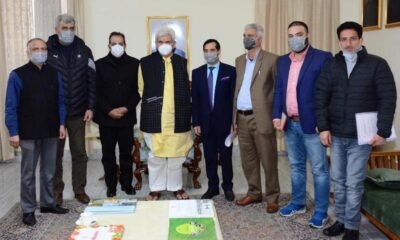

 Industry4 years ago
Industry4 years ago


 Economy2 years ago
Economy2 years ago
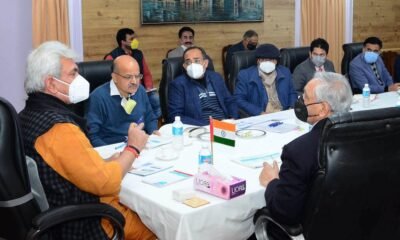

 Energy4 years ago
Energy4 years ago
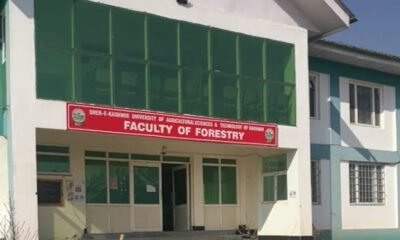

 Infra4 years ago
Infra4 years ago
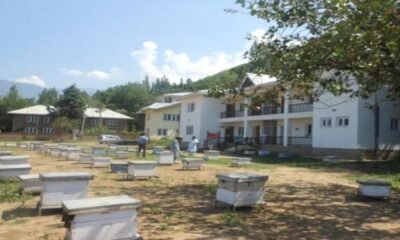

 AgriBiz4 years ago
AgriBiz4 years ago
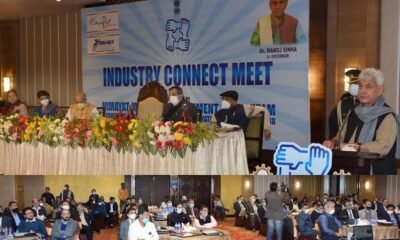

 Jobs4 years ago
Jobs4 years ago
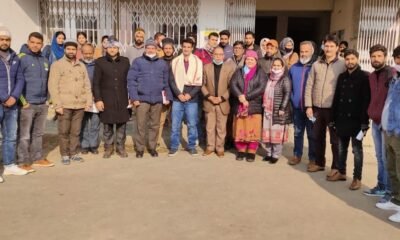

 Careers4 years ago
Careers4 years ago


 Industry4 years ago
Industry4 years ago
